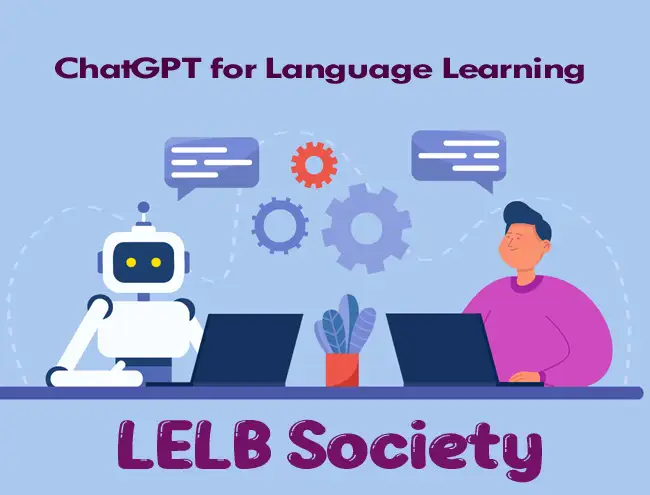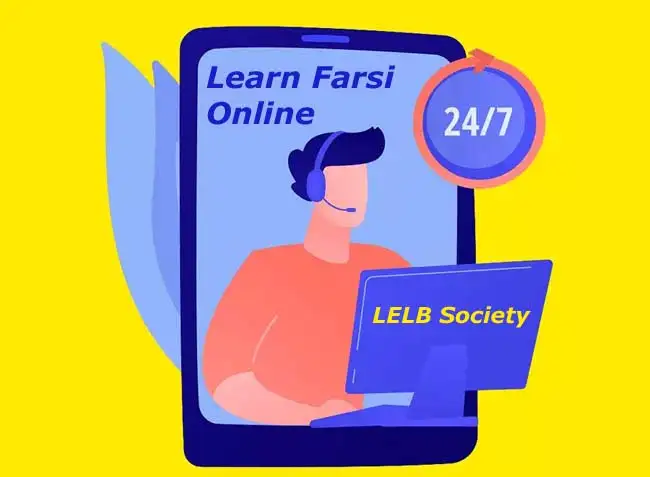Genetic engineering questions for students in our English conversation class based on the round table activity to practice speaking synchronously and asynchronously in both online classes and comment forms.
Genetic engineering questions for students
- Would you like to have a child much brighter and more attractive than yourself?
- What difficulties might result from this experience?
- Do you think there will be a wide generation gap between you and your tremendously bright and attractive child?
- How much would it bother you to have an ugly, stupid or crippled child?
- To ensure your baby would be born bright, attractive and healthy, would you use a safe medical procedure to genetically alter the developing embryo?
- Would a baby designed in this way still feel like your child?
Reading practice on genetic engineering
Genetic engineering is the process of using recombinant DNA (rDNA) technology to alter the genetic makeup of an organism. Traditionally, humans have manipulated genomes indirectly by controlling breeding and selecting offspring with desired traits. Genetic engineering involves the direct manipulation of one or more genes. Most often, a gene from another species is added to an organism’s genome to give it a desired phenotype.
Genetic engineering is a term that was first introduced into our language in the 1970s to describe the emerging field of recombinant DNA technology and some of the things that were going on. As most people who read textbooks and things know, recombinant DNA technology started with pretty simple things–cloning very small pieces of DNA and growing them in bacteria–and has evolved to an enormous field where whole genomes can be cloned and moved from cell to cell, to cell using variations of techniques that all would come under genetic engineering as a very broad definition.
To me, genetic engineering, broadly defined, means that you are taking pieces of DNA and combining them with other pieces of DNA. [This] doesn’t really happen in nature, but is something that you engineer in your own laboratory and test tubes.
And then taking what you have engineered and propagating that in any number of different organisms that range from bacterial cells to yeast cells, to plants and animals. So while there isn’t a precise definition of genetic engineering, I think it more defines an entire field of recombinant DNA technology, genomics, and genetics in the 2000s.
David M. Bodine, Ph.D.
Source of passage: https://www.genome.gov/




What if genetic engineering would make your children so brilliant and intelligent that they could not communicate with you smoothly anymore?
In response of question 5 and 6:
If I wanna use a safe medical procedure to genetically alter the developing embryos of my children, then of course they still feel like my children, if I wanted to look at them differently or as strangers, then why I bother changing their DNAs at the first place.
I have to mention that at the first place, I do not want to genetically develop my children,
because first I think children are special in their own way , they really do not need to be modified, the brighter future does not come by genetically modified children, If there would be opportunity for all kids to follow there passion and by much much better educational system, then brighter future will come.
But I have an exception, if I am told that my child is going to have a sickness that would bother her/him, at that moment I am ready to allow them to change her/him genetics.
* In response to
* in the first place
* their passion
* education system
—
I agree with you on preventing any kind of handicap or incurable illness in the embryo through genetic engineering. I’m a victim of this anomaly as I’m visually impaired. However, I’m complaining about it as it’s helped me to go the extra mile and develop a whole new perspective on life.
However, before the birth of my 3-year-old daughter, my wife and I were extra cautious about her health and we took several tests to make sure she would be healthy, as she really is.
To the first question my answer is yes. every one always like to have something better. Having a brighter and more attractive child is a wish of every parents .
But the question is how we can ensure that with manipulating the genetic make up we could reach the exact point and it could not terminate in more harms than goods. I mean that whether it couldn’t result in new kind of genetic problems or even if we reach our exact goal of having far better offspring, this could not result in an arrogant new generation that look down to us.
Feedback:
* everyone likes to …
* Do you regard someone’s child as “something” or “someone”. Someone’s child is not their property.
* by manipulating
* make-up / makeup
* terminate in –> eventuate / culminate in / result in
* Offspring is generally used for animals and only humorously for humans.
—
You’ve raised good points for discussion in our live class. This is the most important activity in each session. I expect each one of you to leave a question or comment and reply to one of the existing comments or questions. Then we will talk about the stack of your comments and replies in the class. As a result, please leave more comments / replies in order to have a more intellectual and challenging discussion in the class.
This is the round table activity. From now on, we’re going to practice this activity in each session. Please do not wait for my questions or initiation from my side.
Instead, ask each other any question about the topic and answer the questions listed in this lesson.
Use REPLY button to reply to the existing comments.
Then in the class, we will focus on your comments and replies as the building blocks of the oral conversation.
For more information about the round table activity, visit the following page, which is not complete yet:
https://lelb.net/round-table-activity/
Please leave your comments and replies with your own unique accounts.
This activity, if taken seriously, can help you A LOT.